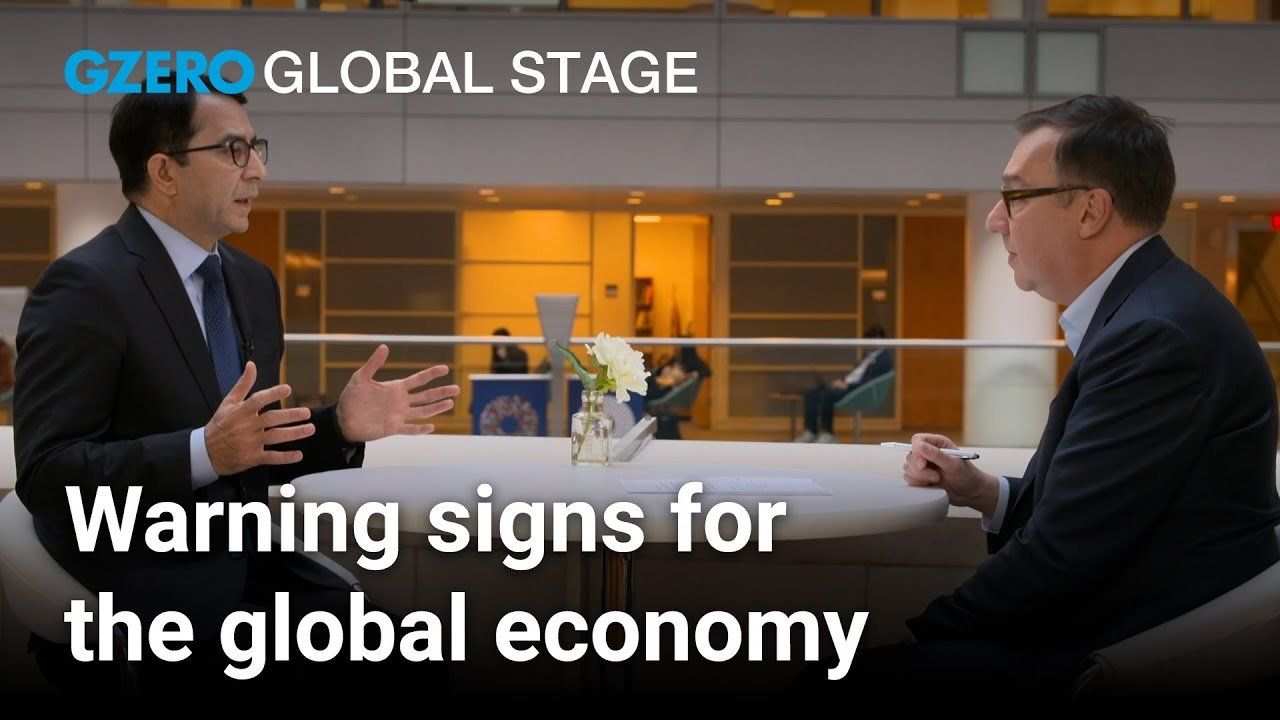Global Stage Interviews
Global economy at risk if Middle East conflict expands, says World Bank's Ayhan Kose

- YouTube

While the global economy shows signs of growth and decreasing inflation, the near future involves risks, including the escalation in the Middle East impacting oil prices, strained China-US relations, and an increasingly challenging tariff and trade environment, said Ayhan Kose, World Bank Deputy Chief Economist. He discussed the geopolitical tensions influencing the global economy with GZERO's Tony Maciulis at the IMF and World Bank Annual Meetings in Washington, DC, in a GZERO Global Stage interview. Kose also addressed the other major economic gathering happening this week: Russia’s 16th annual BRICS Summit in Kazan, Russia, largely seen as a counterweight to Western-led order. While acknowledging the widening economic and geopolitical divide, Kose emphasized the need for international cooperation. He expressed concern about “the increase in the number of protectionist measures and consequences of that for global trade.” Kose also emphasized the "urgent and important" need for World Bank member nations to continue to support development in poorer countries, a more difficult conversation today as many face their own economic headwinds and the world awaits the results of the 2024 US presidential election.
Remember Xinjiang? There was a time, not long ago, when China’s crackdown on the Uyghurs, a Muslim minority group living in Xinjiang province in Northwestern China, was a hot topic. But these days the attention has faded.
Think you know what's going on around the world? Here's your chance to prove it.
Nearly four years into Russia's invasion of Ukraine, the push to end the war is intensifying. The past few weeks produced not one but two proposals.
With widespread AI adoption across sectors, its economic impact is no longer theoretical. It’s measurable. The result? New waves of innovation and a more AI-powered economy. Subscribe to Bank of America Institute for deeper insights on AI’s impact.